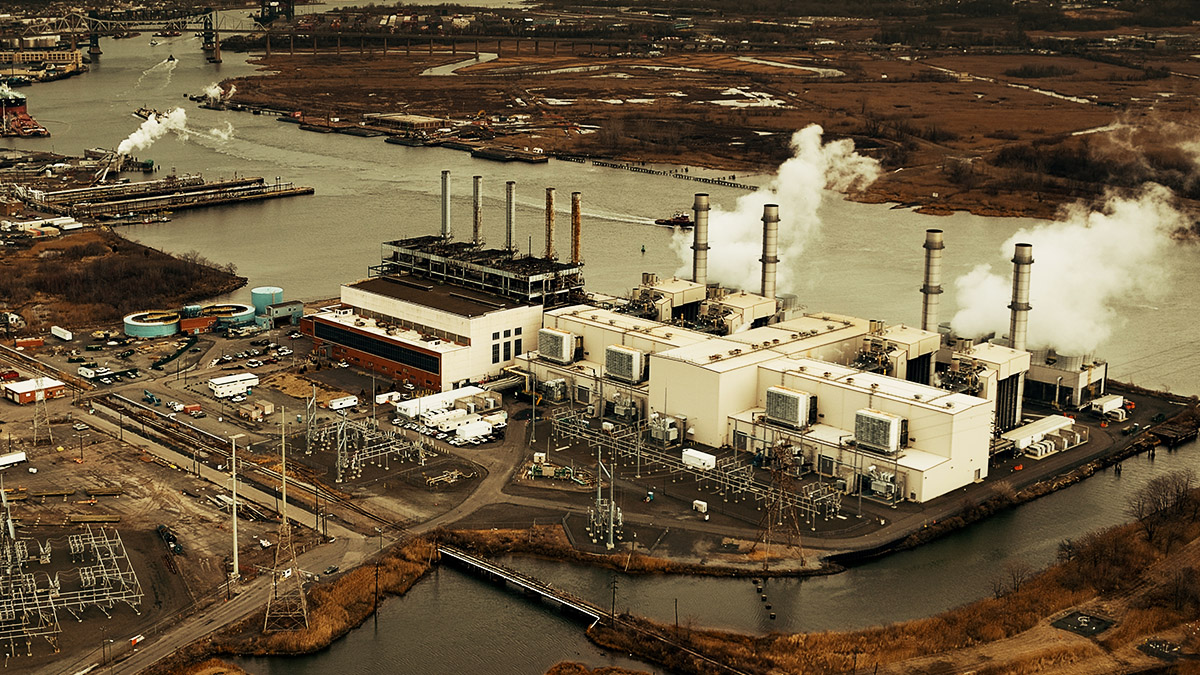Table of contents
Are you looking to expand your operations overseas by setting up a manufacturing company in Vietnam?
Vietnam presents a unique opportunity with its low labor costs and political stability.
On average, Vietnam’s labor costs are half as much as China’s, with an hourly rate of US$2.99 (VND 68,000) compared to China’s hourly rate of US$6.50 (VND 148,000).
Vietnam’s strong GDP growth of over 8% and skilled population provide a large and growing workforce for manufacturing companies.
This article will detail the benefits of setting up a manufacturing company as a foreign investor in Vietnam, including the benefits of Free Trade Agreements, the step-by-step process for establishing a company, and the potential for growth in Vietnam’s rapidly expanding economy.
How the Free Trade Agreements help foreign Investors establish and grow their companies
Free trade agreements (FTAs) are among the factors that make Vietnam an affordable country to manufacture in by, reducing or eliminating tariffs on goods traded between Vietnam and countries with which it has an FTA, such as:
- EU-Vietnam Free Trade Agreement (EVFTA)
- The UK-Vietnam Free Trade Agreement (UK FTA)
- The Comprehensive and Progressive Agreement for Trans-Pacific Partnership (CPTPP).
These Trade agreements with the EU, US, and ASEAN offer significant benefits such as:
- Access to larger markets and more export opportunities
- Reduced tariffs on exported goods, leading to increased profitability
- Improved intellectual property protection
- Increased foreign investment and access to new technologies
- Better access to global supply chains
- Facilitation of trade and investment across borders
Pros and Cons of Starting a Manufacturing Company in Vietnam
Vietnam is an attractive location for foreign investors looking to establish a manufacturing company, thanks to its rapidly growing economy. However, setting up a manufacturing company in Vietnam also comes with its own set of pros and cons such as:
| Pros | Cons |
| – Competitive labor costs. Efficient logistics and infrastructure – High control of product quality and production cost – Wide range of materials to choose from for the products – High-quality goods at a lower price | – Seasonal changes impact a company’s production due to changes in demand for certain products locally. – Equipment issues such as malfunctioning or outdated equipment slow down production, causing delays and lost productivity. |
Choosing the right business structure for your manufacturing company in Vietnam
When setting up a manufacturing company in Vietnam, it is important to choose the appropriate business structure to ensure compliance with local laws and regulations, as well as to meet the specific needs of your business. It is important to consider the advantages and disadvantages of each business structure and to seek professional advice from an expert like Emerhub in choosing the desired business structure for your company.
Option 1: LLC setup for manufacturing company in Vietnam
LLC, or Limited Liability Company, is a type of business structure that combines the features of a corporation and a partnership. LLCs have 1 to 50 members, which can be either single-member LLCs or multi-member LLCs. The members of an LLC are not considered shareholders or owners, but capital-contributing members. They offer the benefits of personal asset protection, flexible management, and pass-through taxation. There is no minimum capital requirement for LLCs, making it a more suitable option for manufacturing companies in Vietnam.
Option 2: JSC setup for manufacturing company in Vietnam
JSC, or Joint Stock Company, is a type of business structure that is like a corporation. JSCs have at least 3 or more original shareholders as owners, who are the holders of the company’s shares. JSCs are suitable for medium to large-sized businesses. Joint stock companies offer benefits such as protection for shareholders, ease of raising capital, and the ability to trade shares in the market, making it more suitable for trading companies as opposed to manufacturing companies.
Minimum capital requirements for a manufacturing company in Vietnam
In general, there is no minimum capital requirement for setting up a manufacturing company in Vietnam.
However, the authorities such as the Department of Planning and Investment (DPI) and the provincial People’s Committee (PPC) determine the approval of the investment based on whether or not the amount of your capital covers your planned activities.
For example, if you want to establish a factory for producing craft beer, you must have sufficient funds to build it because the cost could range from a few hundred thousand dollars to several million dollars. You cannot do that with an unrealistic capital of only 20,000 USD, the capital should be based on the actual necessities.
For more information on this matter, have a look at our article about the minimum capital requirement in Vietnam
Setting up a manufacturing company in Vietnam – The process and requirements
To establish a successful manufacturing company in Vietnam, it is important to have a comprehensive understanding of the registration process, including the legal framework, licenses and permits required, and regulations that govern the industry.
The procedure is as follows:
| Step 1 | Investment license acquisition by the Department of Planning and Investment (DPI) |
| Step 2 | Industrial registration certificate issued by the Ministry of Industry and Trade (MOIT) |
| Step 3 | Business registration certificate issued by the Department of Planning and Investment (DPI) |
| Step 4 | Additional licenses |
| Step 5 | Leasing land in the industrial zone |
Step 1: Acquiring an investment license
To acquire an investment license for a manufacturing company in Vietnam, the first step is to submit an application to the appropriate government agency, such as the Ministry of Industry and Trade, the Ministry of Planning and Investment, the Provincial People’s Committee or Department of Planning and Investment (DPI) at the local level, depending on the specific nature of the manufacturing business.
Once the application is received, the investment promotion agency conducts a preliminary review to ensure that the proposed investment is in compliance with Vietnamese laws and regulations. If the application is approved, the agency issues an Investment Registration Certificate (IRC).
Timeline: The process of acquiring an investment license takes 1-3 months.
Step 2: Industrial Registration Certificate
An Industrial Registration Certificate (IRC) is a document issued by the Ministry of Industry and Trade (MOIT) in Vietnam. It serves as proof that a business is operating legally and in compliance with all relevant regulations and laws for industrial activities. To obtain an IRC, a company must submit an application to the MOIT and provide all the required documents as part of the registration process.
Timeline: The timeline for obtaining an IRC is 8-12 weeks.
Step 3: Business Registration Certificate
BRC is a document issued by the Department of Planning and Investment. It shows that a business is legal and follows the rules. To obtain a BRC, a company must submit an application to the DPI and provide all the required documents as part of the registration process.
Timeline: The process of obtaining a BRC takes 7-10 days.
Step 4: Additional licenses and requirements for setting up a manufacturing company in Vietnam
In addition to the business registration license, a manufacturing company may be required to obtain additional licenses based on the specific industry in which they operate. These may licenses include:
- A retail license – a document issued by the Department of Industry and Trade (DoIT)
- A sub-license – refers to a specific license that a business may need besides the main license.
As an additional example, in the food manufacturing industry, a company must secure a
- Food hygiene license
- Product self-declarations
- Declarations of conformity
Other additional requirements and certifications may include:
| Industry | Some examples of the specific requirements |
| Cosmetics production | – The product manager must have a degree in either Chemistry, Biology, Pharmaceutical Science, or in another relevant major – Separate areas for storing flammable and explosive matters, highly toxic substances, discharged or returned products – The raw material must meet the quality standards adopted by the manufacturer |
| Film production | – Minimum capital of 1 billion VND (~44,000 USD) – Certificate granted by the Ministry of Culture and Information confirming that all business conditions are fulfilled – The director or general director must be a Vietnamese citizen permanently residing in Vietnam and have practical experience in cinematography |
Timeline: The process of acquiring additional licenses may take anywhere from 2-6 months, depending on the license type.
Step 5: Leasing Land in Industrial Zone
When choosing a location for a manufacturing unit, investors need to consider several factors to ensure the success and profitability of their operations.
These factors include:
- Industry specialization: It is important to choose a location that is well-suited for a specific manufacturing industry.
- Infrastructure: the location must have the necessary infrastructure in place to support the operations.
- The scale of business operation: The location should be in line with the scale of the business operations. For example, if you set up a large-scale manufacturing unit, you would need to choose a location that has access to a large workforce and can accommodate the necessary infrastructure.
- Legal and regulatory environment: The location must be in compliance with all relevant laws and regulations and has a stable political and economic environment.
- Availability of Labor: The location needs to be in close proximity to areas with the right labor.
- Availability of Raw Material: The location must have the access to the raw materials they need for manufacturing products.
Important note: The approval entirely depends on the decision of the Industrial Zone. Each IZ has business sector plans of its own and capital requirements.
Launch your manufacturing venture with Emerhub
Emerhub assists in making the process of setting up a manufacturing company in Vietnam simple. Our team of experts works to prevent potential problems that arise during the setup process, and we also offer ongoing support to ensure compliance with all applicable laws and regulations in the country. The services offered by Emerhub include company registration, obtaining licenses and permits and tax and accounting, market research, payroll, and recruitment services.
Fill in the form below to talk to our experts.







